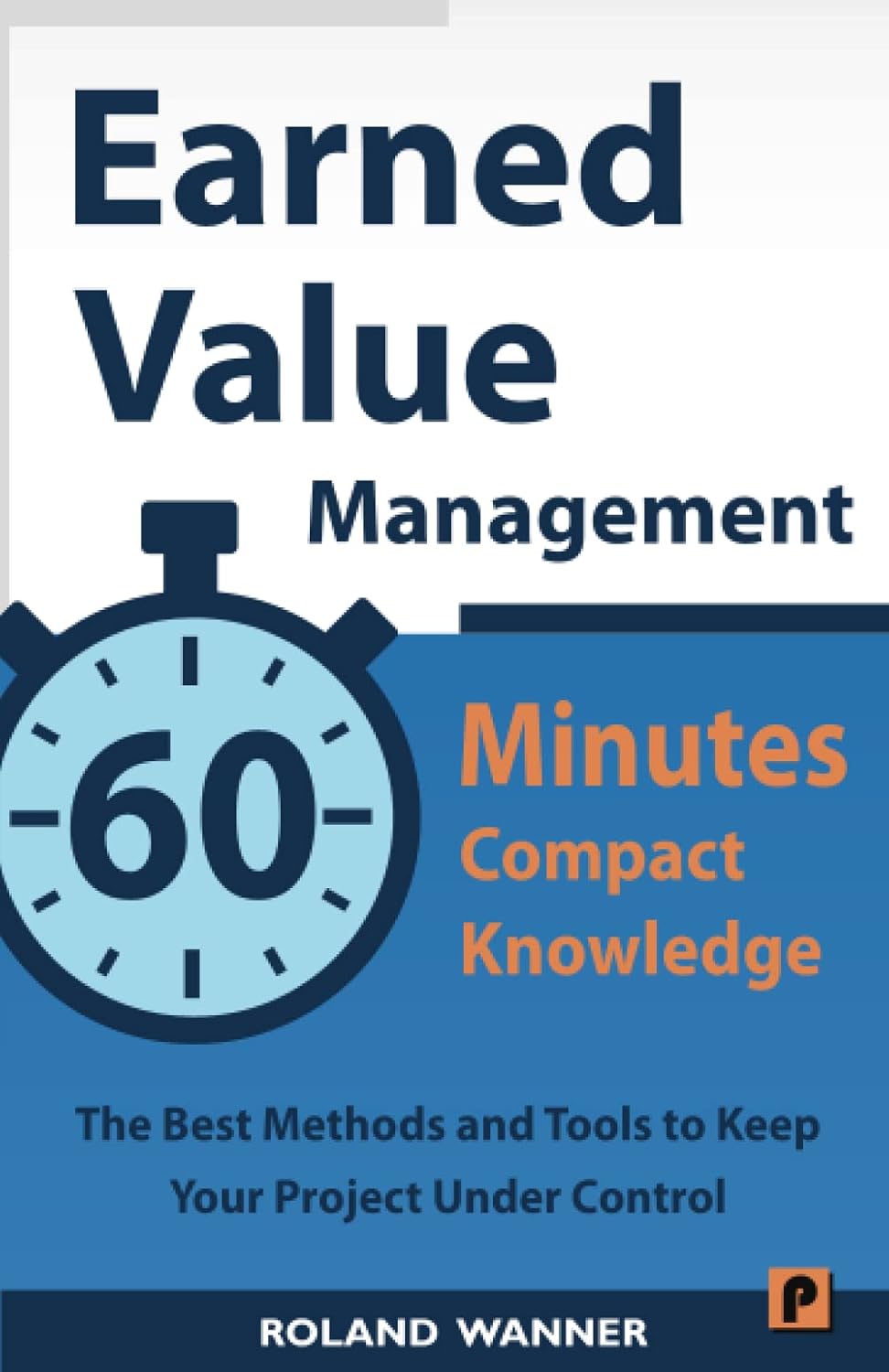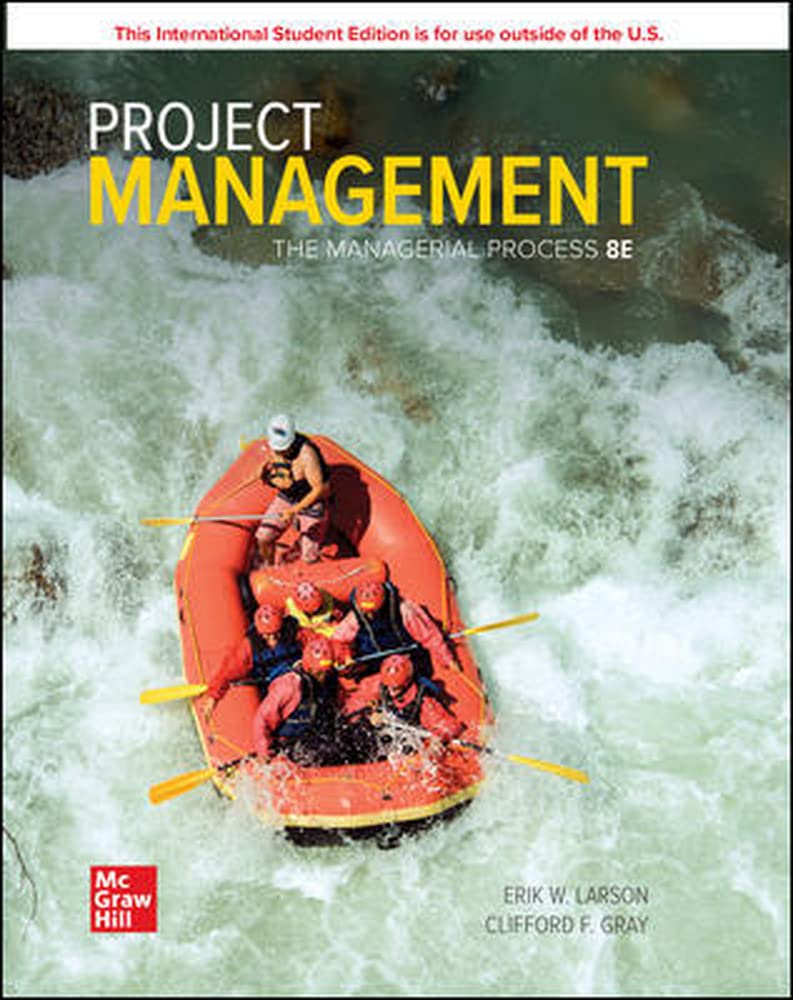
Forecast
What is Forecast?
Forecast estimates future outcomes based on historical data, current trends, and project variables. Project management often involves predicting future costs, schedules, resource needs, or progress to help teams make informed decisions and avoid risks. A forecast is not a fixed prediction but a calculated projection that adjusts as more data becomes available. Project managers use this technique to anticipate challenges and refine plans before issues arise.
Forecasting plays a critical role throughout the project lifecycle. It supports strategic planning, resource allocation, budget control, and timeline management. When done regularly, it can highlight deviations from the plan, allowing teams to take corrective action early.
Key Points
- It uses actual performance data to project future trends and outcomes.
- It supports proactive decision-making by identifying potential delays or cost overruns.
- There are various types of forecasting, including time-based (e.g., schedule) and cost-based (e.g., budget).
- Tools like earned value management (EVM), historical data analysis, and project management software help generate accurate forecasts.
- The team must review and update forecasts regularly to remain relevant and accurate.
Related Terms
- A baseline is the original project plan used to compare with the projected performance.
- Earned value management is a technique that combines cost, schedule, and scope to provide forecast insights.
- A risk register can influence forecasts by identifying uncertainties impacting project outcomes.
- Change management plays a role in adjusting estimates when project scope or resources change.
- A resource plan helps forecast future staffing and equipment needs based on current usage.
Forecast: Example
A construction project manager reviews monthly progress and notices that material delivery delays are increasing. If trends continue, the manager projects a two-week delay in project completion. Based on the projection, the manager contacts suppliers to expedite shipments and adjusts work schedules to minimize downtime, helping the project stay on track.
Forecast: Best Practices
- Collect accurate and up-to-date performance data regularly.
- Use consistent forecasting methods throughout the project.
- Involve key stakeholders in reviewing and validating its results.
- Revisit it frequently, especially after significant changes or milestones.
- Use it to support rather than replace sound judgment and team communication.
Additional Resources
Preparing for a PMI certification?
- Exam Prep Courses: PMP®, CAPM®, and PMI-ACP®
- Exam Simulators: PMP®, CAPM®, PMI-ACP®, PMI-PBA®, PMI-RMP®, PMI-SP®, PgMP®, and PfMP®
- Professional Development Units (PDUs): 15, 30, and 60 PDU Bundles




